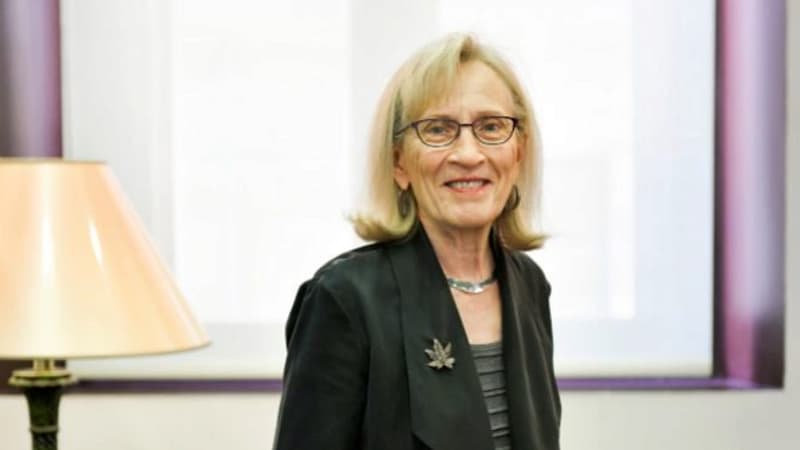The Nobel season ends like every year with Economics, the last of the famous prizes awarded by the Swedish Academy. A famous award awarded this year to the American Claudia Goldin, a Harvard professor, for her work on the place of women in the labor market.
A specialist in labor and economic history, already a favorite in 2022, the winner, 77 years old, is the third woman to win the award. She “has improved our understanding of the situation of women in the labor market,” the Nobel jury announced.
A “glass ceiling” for women
A specialist in economic history, “he highlighted the main factors of differences between men and women” and how they have evolved over the last two centuries as industrialization advanced with a decrease in women’s work during the 19th century, according to the jury’s statement. .
Globally, about 50% of women participate in the workforce, compared to 80% of men, and women earn less and “are less likely to reach the top of the career ladder,” facing a ” glass ceiling,” said Randi Hjalmarsson, a member of the Nobel Committee.
“Claudia Goldin delved into archives and compiled more than 200 years of data about the United States, allowing her to show how and why differences in income and employment rates between men and women have evolved over time,” said Randi Hjalmarsson, of the Nobel jury. .
The last Nobel Prize winner
Last year, the award went to Ben Bernanke, former president of the US central bank (Fed), and his compatriots Douglas Diamond and Philip Dybvig, for their work on behalf of banks and their necessary bailouts during financial storms.
Created by the Bank of Sweden, the economics prize “in memory of Alfred Nobel” was added in 1969 to the five traditional prizes (medicine, physics, chemistry, literature and peace), more than sixty years after the others, which He earned his detractors the nickname “false Nobel”.
Like the other Nobel prizes, the prize is endowed with 11 million Swedish crowns (920,000 euros), which will be distributed in the case of co-winners, the highest nominal value (in Swedish currency) in more than a century of history. Of the prize. .
Source: BFM TV


